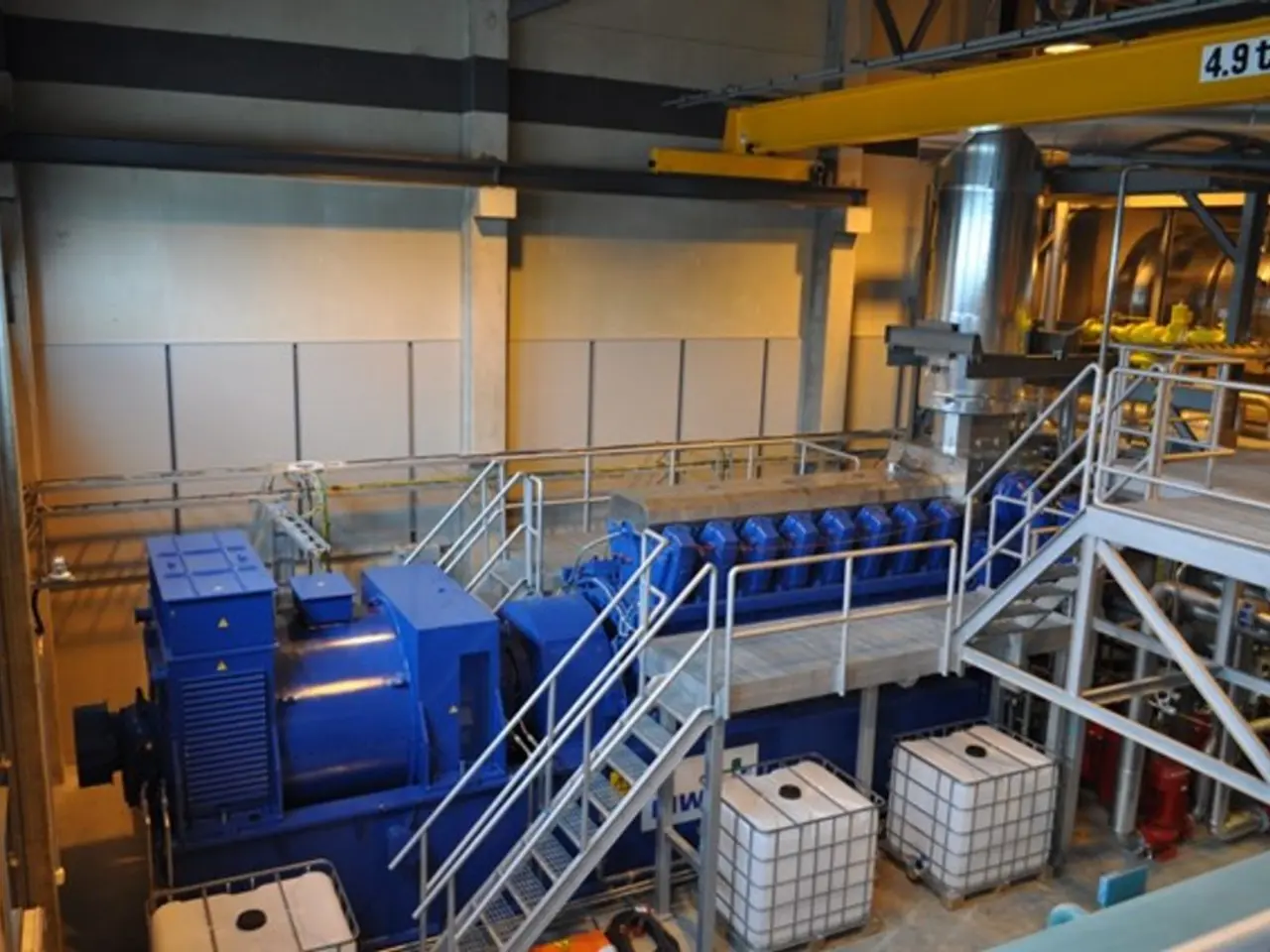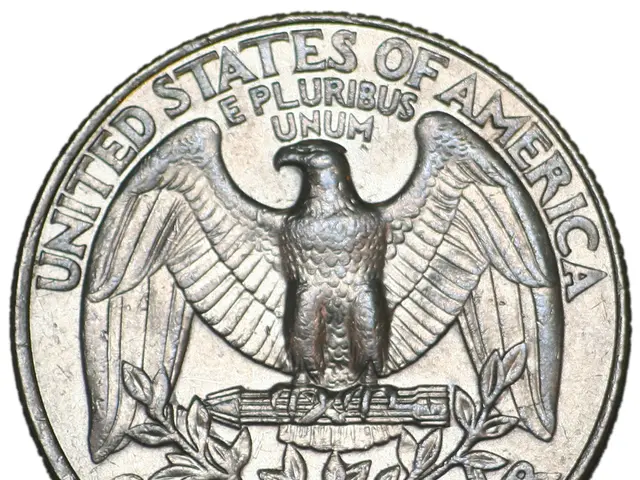"Uralvagonzavod and Bombardier Transportation to collaborate on manufacturing metro carriages"
No Joint Production Agreement for Tramways and Metro Trains Between Russian and Canadian Companies, As of Current Information
In July, the Government of the region approved the Comprehensive Development Program for Nizhny Tagil, an initiative that does not involve a joint design and production agreement, nor the tender to supply 360 wagons for Moscow Metro, as previously reported. The program, however, does include the potential for UVZ to earn an additional 20 million rubles from the supply of tramways.
UVZ is indeed involved in the supply of tramways for Nizhny Tagil, but the agreement does not involve the technology transfer to Russia, training of personnel at European plants of Bombardier, or the consortium of "Transmashholding" (TMH) and Alstom mentioned earlier.
The Comprehensive Development Program for Nizhny Tagil does not relate to the joint production agreement between Russian and Canadian companies for tramways and metro trains that was signed last summer at the "INNOPROM" Exhibition. As of the current search results, there is no direct information detailing this joint production agreement or its developments.
Meanwhile, both Russian and Canadian companies are actively working independently on their respective tram and metro rolling stock projects. In Russia, Sinara – Transport Machines (STM) has developed the proprietary three-car low-floor tram, the 71-233, with substantial domestic engineering and manufacturing efforts. Russian companies like Transmashholding (Metrowagonmash subsidiary) are also active in metro supply contracts, but there is no mention of cooperation with Canadian firms.
On the Canadian side, Alstom (which acquired Bombardier Transportation) is delivering and operating updated metro trains, specifically the Mark V light rail vehicles built in Canada for Vancouver’s SkyTrain system with orders contracted through at least 2029. These projects involve advanced driverless metro trains but do not mention Russian collaboration.
If a joint agreement were to be established between Russian and Canadian companies in the future, it would likely aim to leverage complementary strengths but must navigate complex geopolitical and economic factors. Such a partnership could combine Canadian expertise in automated metro train manufacturing with Russian engineering advancements in tram design, potentially integrating modern low-floor tram designs with high-capacity metro train innovations. However, potential geopolitical and trade challenges given international sanctions and supply chain considerations could impact cross-border cooperation.
In a separate development, back in December 2012, Ural Plant and Bombardier won a tender to supply 120 tramways for Moscow's Transport Department at 8.46 billion rubles, with an initial price of 9 billion rubles. This tender is separate from the Comprehensive Development Program for Nizhny Tagil.
For more information on specific companies, ongoing metro/tram projects in Russia and Canada, or general trends in international rail vehicle cooperation, feel free to ask!
In light of the Comprehensive Development Program for Nizhny Tagil not involving a joint production agreement for tramways and metro trains, it is evident that the finance and transportation sectors of both Russian and Canadian industries are currently working independently on their respective projects. However, a potential joint agreement in the future could possibly integrate modern tram designs with advanced metro train innovations in the manufacturing industry, carefully navigating geopolitical and economic factors.




